When it comes too hitting the open road on two wheels, the thrill of the ride is onyl matched by the importance of proper preparation. While your motorcycle is undoubtedly the star of the show,a host of essential accessories can elevate your experience from merely enjoyable to truly unforgettable. Whether you’re a seasoned rider or a newcomer to the biking world, understanding the must-have gear is key to ensuring both safety and comfort during your journeys. In this article,we’ll explore the essential motorcycle accessories every rider should consider,helping you gear up for your ride with confidence and style. Prepare to discover how the right equipment not only enhances your time on the road but also keeps you safe and connected as you embrace the freedom of the ride.
Table of Contents
- Essential Riding Gear for Safety and Comfort
- Must-Have Protective Clothing for Every Motorcyclist
- Choosing the Right Helmet: Key Features to Consider
- Top Tools and Maintenance Kits for Roadside repairs
- Smart Technology: Enhancing your Ride with Gadgets
- Storage Solutions: Best Luggage Options for Motorcycles
- Navigational Aids: Choosing the Right GPS for Your Adventures
- To Wrap It Up
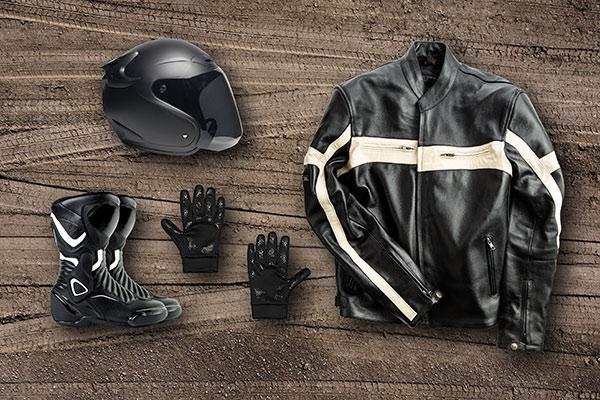
Essential Riding Gear for Safety and Comfort
When hitting the open road, the right gear not only enhances your riding experience but also substantially boosts your safety. First and foremost, a high-quality helmet is non-negotiable; it protects your head from impacts and should comply with safety standards. Additionally, jackets made from durable materials such as leather or textile not only offer abrasion resistance but also provide insulation against the elements. Look for jackets that come equipped with built-in armor at critical areas such as elbows and shoulders. Othre crucial items include gloves that ensure a secure grip and motorcycle boots that protect your feet and ankles, providing stability while riding.
Moreover, investing in protective pants is vital; options with reinforced padding can protect your lower body in case of an accident. Don’t forget about visibility — gear that incorporates reflective elements can help keep you seen during low-light conditions. To streamline your ride,consider utility accessories like a tank bag or saddlebags,which provide convenient storage for essentials while you’re on the move.Here’s a quick reference table that summarizes thes essential items:
| Gear Item | Purpose |
|---|---|
| Helmet | protects head and offers safety compliance |
| Jacket | Provides protection from abrasions and weather |
| Gloves | Ensures grip and protects hands |
| Boots | Protects feet and enhances stability |
| Pants | Offers lower body protection with padding |
| Storage Bags | Convenient storage for essentials on the go |
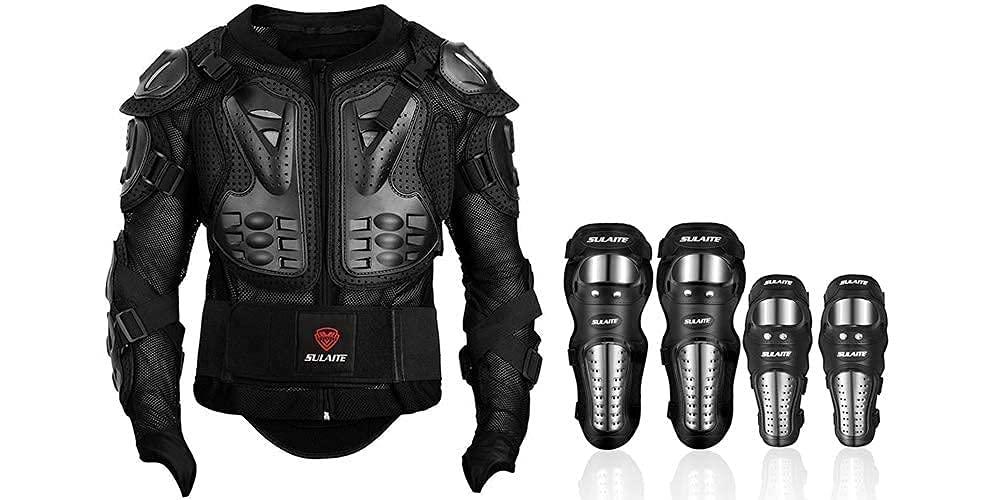
Must-Have Protective Clothing for Every Motorcyclist
When it comes to motorcycling, safety should always be a top priority.Investing in the right protective gear can make a significant difference in the event of an accident, ensuring both comfort and protection as you hit the open road. Key pieces of protective clothing include:
- helmets: A DOT-approved helmet is essential for protecting your head and reducing the risk of serious injury.
- Jackets: Look for jackets made with abrasion-resistant materials, often featuring reinforced padding at critical impact areas.
- Pants: Specialized motorcycle pants, whether Kevlar or leather, provide essential protection for your lower body.
- Gloves: Quality gloves help maintain grip while protecting your hands from abrasions and impacts.
- boots: Sturdy, high-top boots with reinforced toe and ankle protection are crucial for keeping your feet safe.
In addition to these essentials, consider investing in thermal layers and rain gear to enhance your riding experience regardless of weather conditions. Properly fitted gear not only increases safety but also provides comfort on long rides. also, incorporating reflective or high-visibility elements into your gear will improve your visibility to other road users. to help you on your journey to choosing the right protective clothing, check out the following comparison table:
| Gear Type | Material | Key Features |
|---|---|---|
| Helmet | Polycarbonate / Fiberglass | Lightweight, impact-absorbing, DOT-approved |
| Jacket | Leather / Textile | Breathable, multiple pockets, armored |
| Pants | Leather / Kevlar | Durable, stretch panels, abrasion-resistant |
| Gloves | Leather / Textile | Padded knuckles, touchscreen-friendly |
| Boots | Leather / synthetic | Waterproof, ankle support, reinforced soles |
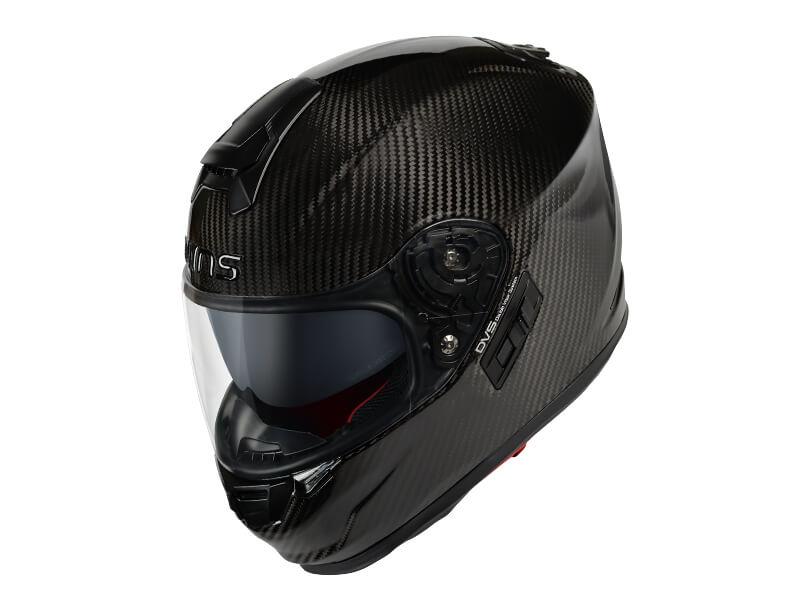
Choosing the Right helmet: Key Features to consider
When it comes to selecting a helmet, understanding the essential features is crucial for your safety and comfort. safety certification should always be your top priority. Look for helmets that meet or exceed standards such as DOT, ECE, or snell. additionally, assess the fit and comfort level, as a properly fitted helmet will not only enhance safety but also minimize distractions during your ride.A good helmet should feel snug without causing discomfort, so always try before you buy. Consider the visor options as well—some riders prefer a clear visor while others opt for tinted or photochromic visors for varying riding conditions.
Another vital aspect to consider is ventilation. A well-ventilated helmet can keep you cool and agreeable, especially during long rides. Look for models equipped with multiple vents and exhaust channels to promote airflow. Additionally, think about weight; a lighter helmet will reduce neck strain, enhancing your ride experience.If noise reduction is crucial to you, investigate the internal padding and materials used, as these can significantly impact sound levels during your ride. Below is a quick reference table showcasing key features to consider when choosing a helmet:
| Feature | Description |
|---|---|
| safety Certification | DOT,ECE,Snell tested for quality assurance |
| Fit & Comfort | Ensure a snug yet comfortable fit |
| Visor Options | Clear,tinted,or photochromic for visibility |
| Ventilation | Multiple vents for airflow to avoid overheating |
| Weight | Lighter options reduce neck strain |
| Noise Reduction | Padded interiors help minimize wind noise |
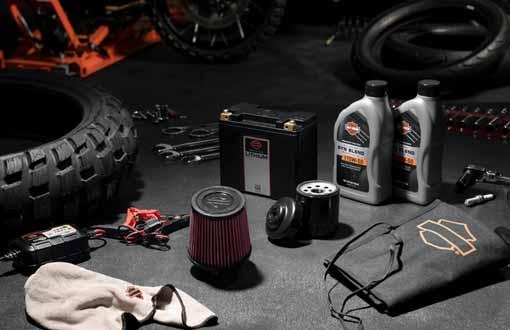
Top Tools and Maintenance Kits for Roadside Repairs
When you’re out on the open road,being prepared for unexpected situations is crucial. Investing in the right tools can mean the difference between a smooth ride and a frustrating breakdown. A well-stocked maintenance kit will not only help you tackle minor issues but also give you peace of mind. Essential items for your kit should include a tire repair kit, a multi-tool, and a portable jump starter. Additionally, consider adding a set of wrenches, screwdrivers, and zip ties for quick fixes on the go. These tools can save you time and effort, allowing you to get back on your bike without delay.
Beyond the basics, having a few specialized tools can greatly enhance your roadside repair capabilities. For instance, a chain breaker tool is invaluable for any motorcycle enthusiast, ensuring you can handle chain issues effectively. A compact air compressor can also be a lifesaver for flat tires, allowing you to inflate them without needing to find a service station. To keep your gear organized,use a durable tool roll or tool bag designed specifically for motorcyclists. This setup not only stores your tools neatly but also makes them easily accessible when you need them the moast.

smart Technology: Enhancing Your Ride with Gadgets
Modern advancements have transformed the riding experience, making it more enjoyable and safer. Cutting-edge gadgets are now essential for integrating functionality and fun into every ride. Motorcyclists can benefit from smart helmets equipped with Bluetooth technology, allowing riders to communicate hands-free, listen to music, or receive navigation instructions without taking their eyes off the road.Other must-have gadgets include handlebar-mounted GPS devices, providing real-time directions and traffic updates, and smartphone mounts that keep your device accessible for emergency calls or tracking your routes.
Safety features are also enhanced by innovations such as rearview cameras that can definitely help eliminate blind spots and smart tire pressure monitors that alert you when it’s time to inflate. If you’re looking to up your game, consider investing in wearable tech like heart rate monitors or smart jackets that provide internal climate control for comfort in various riding conditions. To help you choose the right gadgets, here’s a quick comparison table of popular accessories:
| Gadget | Key Features | Price Range |
|---|---|---|
| Smart Helmet | Bluetooth connectivity, built-in GPS | $200 – $600 |
| GPS Device | Route planning, live traffic updates | $150 – $400 |
| Tire Monitor | Real-time pressure alerts, temperature readings | $50 – $150 |
| Wearable Tech | Health tracking, emergency alerts | $100 – $300 |
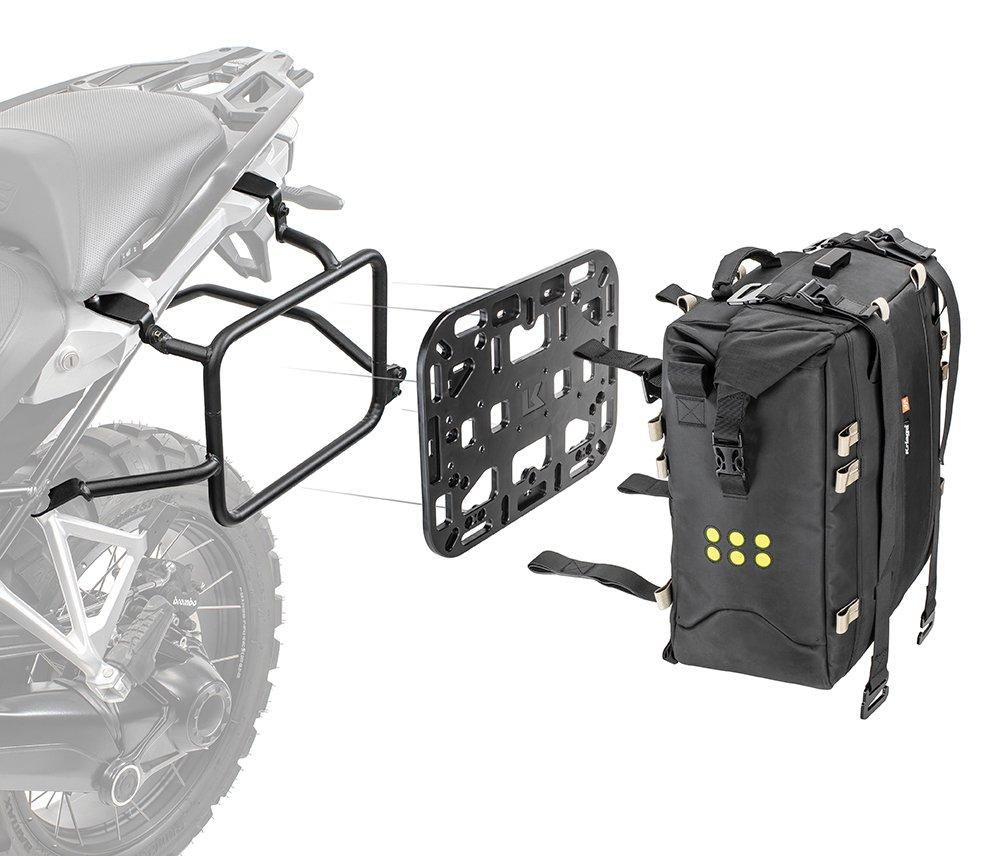
Storage Solutions: Best Luggage Options for Motorcycles
When it comes to hitting the open road on your motorcycle, having the right storage solutions can make all the difference. From sleek saddlebags to versatile tail packs, luggage options should not only blend seamlessly with your bike’s aesthetics but also provide optimal functionality for your essentials. Consider options like:
- Saddlebags: Perfect for extended trips, these attach securely on either side of your bike for balanced weight distribution.
- Tail Bags: Compact and stylish, they sit on the rear seat and are ideal for day trips or short excursions.
- Tank Bags: Designed for easy access, these attach to the gas tank and keep your gear right at your fingertips.
Choosing the right storage not only enhances your riding experience but also ensures that your gear remains secure while you navigate varied terrains. When assessing your options,consider the materials used and their waterproof capabilities. Below is a quick comparison of popular materials:
| Material | Durability | Water Resistance | Weight |
|---|---|---|---|
| Denim | Moderate | Low | Light |
| Leather | High | Moderate | Heavy |
| Synthetic Fabric | High | High | Light |
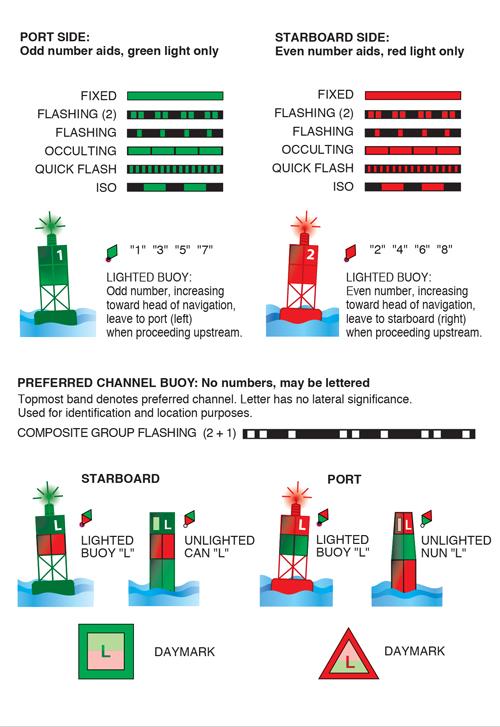
Navigational Aids: Choosing the Right GPS for Your Adventures
When embarking on a motorcycle journey, having the right GPS can significantly enhance your adventure. Today’s GPS devices are equipped with features that not only guide you to your destination but also enrich your travel experience. Consider devices that offer real-time traffic updates, offline maps, and route customization options. Here are some key factors to evaluate when selecting your perfect navigational aid:
- Durability: Ensure your GPS can withstand the elements, especially if you ride in diverse weather conditions.
- User Interface: A simple, intuitive design allows you to focus on the road rather than fiddling with your device.
- screen Size: Larger screens improve visibility and ease of use, making it easier to spot turns and waypoints.
- Battery Life: Choose a model with extended battery life to prevent interruptions during long trips.
Additionally, modern GPS units offer connectivity features that can be incredibly beneficial for riders. Many devices sync with smartphones to provide hands-free calls and music streaming, allowing for a more enjoyable ride. Below is a comparison of popular GPS models suited for motorcycle travel to help you choose:
| Model | Battery Life | Screen Size | special Features |
|---|---|---|---|
| Garmin Zūmo XT | Up to 20 hours | 6-inch | Glove-friendly, Weatherproof |
| TomTom Rider 550 | Up to 6 hours | 4.3-inch | Wi-Fi updates,Stereo Bluetooth |
| BMW Motorrad Navigator VI | Up to 10 hours | 5-inch | Integrated with bike diagnostics |
To Wrap It Up
equipping yourself with the right motorcycle accessories is not just about enhancing your ride but also about ensuring your safety and comfort on the open road. from protective gear to handy gadgets, the essential accessories we’ve explored are designed to elevate your motorcycle experience, making every journey more enjoyable. Remember, whether you’re a seasoned rider or just starting out, investing in quality gear is a commitment to both your passion and your well-being. So gear up, hit the road, and embrace the freedom of the ride with confidence. Safe travels!